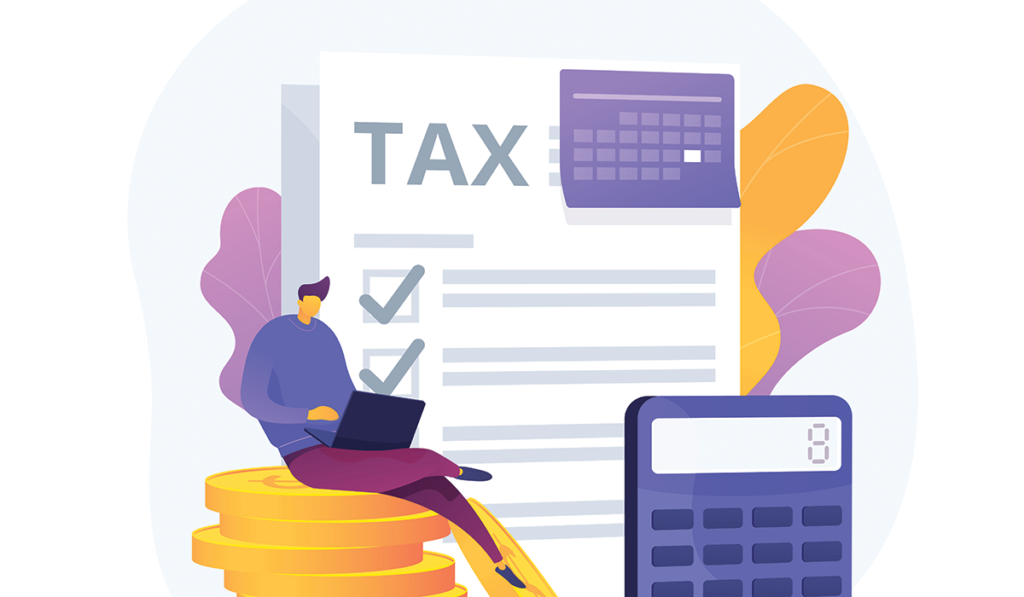
Small businesses can be complicated entities so even those that have already filed their taxes for this year can start planning ahead for next year. In fact, it is important to start thinking about potential tax issues and benefits, whether preparing for next tax season or filing an extension for this year. Doing so will save a business money — and can save it from an unwanted audit if issues are caught early.
Potential Changes to the Tax Law Could Occur
No significant changes to tax law have been announced, but it is important to know that the Biden administration signaled it would like to make significant changes to United States tax code. While there is no guarantee that changes to the tax code will occur, it’s a topic businesses should discuss with their accountant.
There is an expectation that capital gains tax, as well as ordinary top tax rates, will increase in 2021 or 2022. This means businesses need to start planning a tax strategy now. Planning means talking with an accountant about potentially reporting income early in 2021 and deferring certain deductions in 2022. Properly timing when to report income and use deductions can save a business a lot of money if tax codes do change. There are no one-size-fits-all solutions for tax filings, so this advice won’t work for everyone but will apply to many small businesses.
In the case of increases in tax rates, it may be wise for business to forgo any advanced depreciation until 2022 and just take a regular table depreciation. This could save them more money in the future.
With the possibility of new tax laws, it may be wise for businesses to hold off on a cost segregation study until 2022. A cost segregation study identifies and reclassifies personal property assets to shorten depreciation time for tax purposes. This in turn reduces income tax obligations for the year.
For those who are forgoing advanced depreciation in anticipation of a higher tax rate in the future, a cost segregation study is not needed this upcoming year.
Understand PPP Loans
The COVID-19 pandemic saw an unprecedented amount of financial assistance for business owners. The biggest form of assistance was the Paycheck Protection Program loan. This loan would be forgiven and turned into a tax-free grant as long as the loan was used to maintain payroll and make rent or mortgage payments for the business. It’s important to know requirements for PPP loans to ensure they will be forgiven.
Businesses receive full loan forgiveness as long as they maintained employee compensation levels, spent at least 60% of that money on payroll, and used the rest of the money for business rent, lease or utilities. The point of the PPP loans was to enable businesses to keep employees and the building they work in. Businesses that did not use the money for these purposes are required to pay back a percentage of that money.
The most recent batch of PPP loans was eligible only for businesses with fewer than 300 employees, and they had to demonstrate they had a 24% reduction in gross receipts in 2019 and 2020.
It is vital that business owners who accepted a PPP loan understand the terms and conditions of that loan. Not using the loan correctly could lead to their business being liable for some or even all the outstanding debt.
Capital Accounts Must Be Managed Based on the Operating Agreement
Businesses with multiple owners are a common occurrence. Multiple financers makes it easier to raise capital and allows people with a variety of different skills to help grow the business. Multiple partners in a business means there must be an operating agreement and the tax filings must match that operating agreement.
Capital accounts should track the money each investor contributed, track undistributed preferred returns, and track those distributions based on how they were written in the operating agreement.
Business owners in a limited partnership can sometimes do a debt finance distribution. This means the partnership secures debt then distributes a portion of the debt proceeds to the owners. Businesses that decide to do a distribution may be able to deduct some of that interest but, generally, can’t deduct all of it.
It is also worth noting that smaller companies — any business whose gross receipts are $26 million or less — are exempt from the business interest expense limitations. However, this exception may not apply if the business is considered a tax shelter. Businesses may be considered a tax shelter if more than 35% of its losses are allocated to limited partners.
It’s important business owners know their business’s operating agreement. It will help them out next tax season.
 Assisting extensively with Arizona small-business owners, Phil Wuollet, CPA, is a partner at Epstein Schneider, PLC, an accounting firm in Scottsdale, Ariz. The staff at Epstein and Schneider helps clients with tax compliance as well as developing forward-thinking strategies for reducing and deferring taxes.
Assisting extensively with Arizona small-business owners, Phil Wuollet, CPA, is a partner at Epstein Schneider, PLC, an accounting firm in Scottsdale, Ariz. The staff at Epstein and Schneider helps clients with tax compliance as well as developing forward-thinking strategies for reducing and deferring taxes.
Note: the information is this article is intended to be general education and not intended to be tax advice. Businesses should consult their tax advisor to determine the best strategy for their specific facts.














Speak Your Mind
You must be logged in to post a comment.